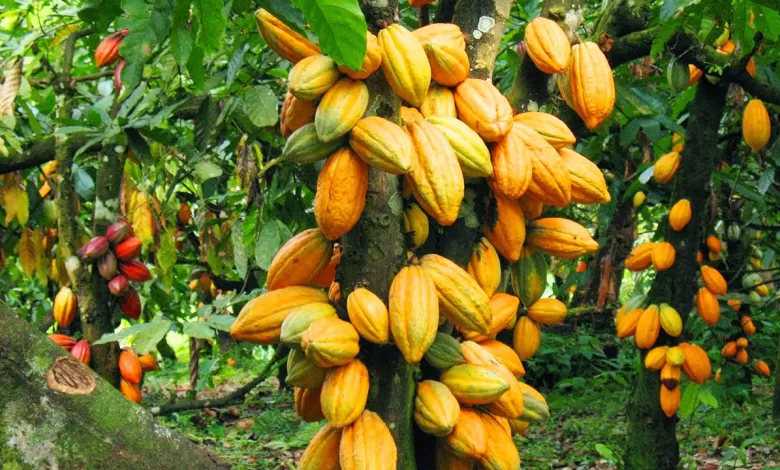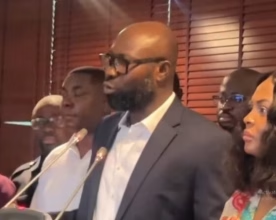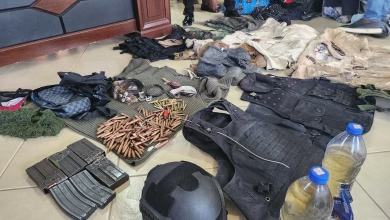Ghana Announces Plans to Overhaul Cocoa Sector Financing

- Government is set to overhaul its cocoa financing strategy
- Government will still utilize syndicated loans
- The government is currently negotiating with private banks
The Ghanaian government is set to overhaul its cocoa financing strategy for the upcoming 2024-2025 season, moving away from heavy reliance on syndicated loans to direct deals with cocoa processors.
Minister of Food and Agriculture, Dr. Bryan Achaempong, announced that major cocoa processors will now be the primary source of funding for the Ghana Cocoa Board (Cocobod), addressing concerns about the availability of syndicated loans from local banks.
“We are going to deal with [cocoa processors] directly at world market prices, which can bring more benefits to our farmers,” Dr. Achaempong stated during the August Economic Press Briefing.
The shift in financing strategy aims to capitalize on rising cocoa prices and increase returns for Ghanaian cocoa farmers.
While the move has been met with skepticism, the government argues that it will provide greater flexibility and potentially higher revenues.
Finance Minister Dr. Mohammed Amin Adam confirmed that the government will still utilize syndicated loans, but the amount is expected to be significantly lower than in previous years.
Instead, the government plans to increase its reliance on uncollateralised sales, which can be sold at current market prices.
The government is aiming to increase uncollateralised sales from 10-30 percent of total sales to a more substantial portion. This move is driven by the significant increase in cocoa prices from US$2,800 per tonne to approximately US$10,000 per tonne.
By reducing reliance on pre-season loans with fixed prices, the government hopes to pass on more benefits from rising global cocoa prices to local producers.
This new approach is expected to allow for more flexible pricing and potentially higher returns for Ghanaian cocoa farmers.
The transition in financing strategy comes at a time when Ghana is also navigating broader economic challenges.
The government is currently negotiating with private banks and contractors regarding an outstanding US$2.8 billion debt.






